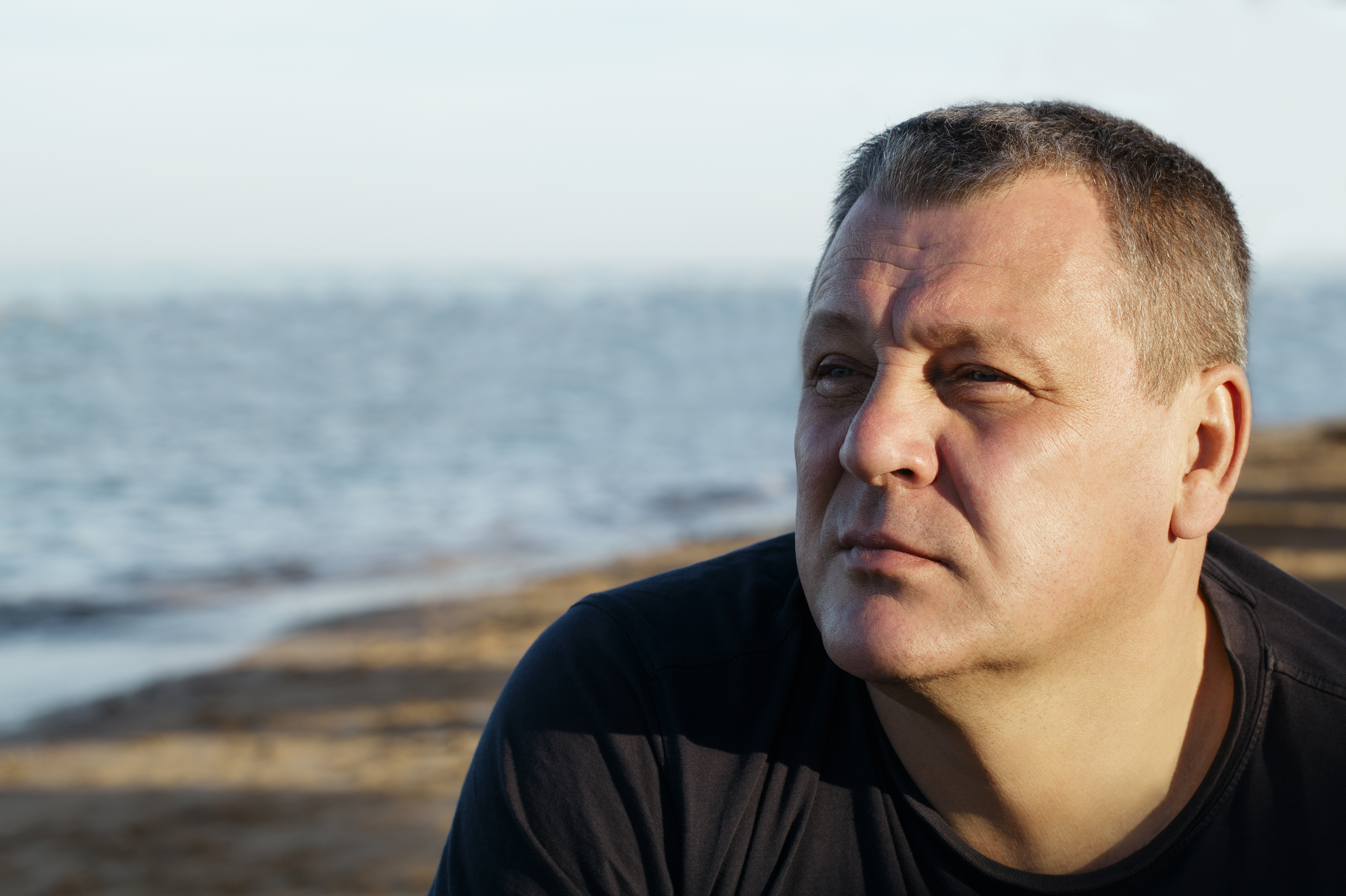Self-Doubt and Anxiety after the Affair?
Have you had difficulty with self-doubt and anxiety after the affair? Has your sense of confidence flat-lined? Perhaps you find yourself worrying about what must have been wrong with your relationship. Maybe this worry takes over at times. Maybe you think you were the problem; maybe you think it was your spouse. Maybe you go around and around in your mind about it, trying to find an answer or a direction. Perhaps you sometimes end up feeling defeated or completely lost.
These times are extremely difficult. Many people who are coping with infidelity, whether the betrayed spouse or the cheating spouse, experience a great deal of fear, which tends to erode clarity and add to confusion. It’s pretty important to recognize when you’re not feeling or thinking or acting like yourself. Marital infidelity has a particular way of causing people to suffer self-doubt, which goes hand in hand with self-blame. Gaining perspective on these emotions is challenging, but learning to rely upon oneself is an essential step in affair recovery.
Derek
Derek suspected for several months that his wife was having an affair, but he didn’t want to believe what were very clear signs of infidelity. A flurry of texting to an unknown number. A male voice answering the line. Out-of-the-norm weekend trips planned with “girlfriends” where the flurry of texting would stop, then pick up again on the travel day home. His wife growing increasingly guarded about her phone. Each time he would tell himself that she wouldn’t do that to him. Each time he told himself not to be “that jealous guy.” He convinced himself to believe her lies more than he believed the facts before him…more than he believed his own good sense. When he got “irrefutable evidence” (plane tickets to the mountains when she said she was heading to the beach), he confronted her. She denied at first, but then admitted, apologized, and begged to save the marriage.

During a sleepless night he wrote her a heart felt letter telling her he wanted to work things out. Something that surprised him. He had previously believed that if his wife ever cheated, he’d leave the marriage. He left the letter on the counter for her to find the next morning. When she didn’t say anything about it, he asked if she’d read it. She told him she had. He asked what she thought of it, but she told him not now and abruptly left for work. He was sick about it.
In the face of what felt like her rejection, he doubted his strength and his self-esteem. He wondered if he was being some kind of fool. He wondered, What kind of a person puts up with this?! The self-blame grew along with the self-doubt.
Learning to Rely on Self
But it was Derek’s self-doubt and anxiety after the affair that he had the opportunity to do something about. He couldn’t get her to change…to make him feel better…to turn towards him. He could only deal with himself. It is the reality of grief. It cannot be shared. As my friend and colleague Hal Runkel said, “It might be nice to have each other throughout the process, but rarely do two people grieve in the same way, and at the same pace. One person may feel stuck in a depressed mode, leaving another feeling accused, and guilty…”
“Grief,” Hal says, “requires grace.” Without grace, we are left with self-doubt and self-blame…which are nails in the coffin of differentiation of self…of becoming a more mature, clear, self-confident you…the you that can maintain these states in the face of pain and stress…and in the face of a partner who is in a different place emotionally. This is important on both sides of this in an affair, for the one who was betrayed as well as for the one who did the betraying. There is enough grief, self-doubt, and self-blame to go around.
Reducing Anxiety by Developing Self
But how does one develop self-confidence in the face of such devastating pain? Here are a few tips on how to deal with self-doubt and anxiety after the affair. You might also consider visiting The Bowen Center theory page for more information on this topic.
- Go slowly. Don’t rush it. Don’t expect too much of yourself too quickly. Seriously.
- Become aware of how much you may be saying and thinking in “we” vs. “I.” Give yourself some attention…some time away…some time with a journal…some time with friends. You cannot develop a self you don’t know.
- Become aware of how much you are in blame mode—either of yourself or your spouse. Consider letting everyone off the hook. Yes, everyone. But don’t actually do it. Just consider it. How would things change?
- If you’ve got all these tips down or want more, consider talking to a Bowen Family Systems Therapist for infidelity counseling to develop some more advanced strategies. These strategies are out there. They work. And they work reliably.

You can reduce your anxiety over time by developing a more solid, confident self. As the self develops, so does emotional resilience. The next time you are faced with self-doubt, consider it an opportunity to get curious rather than fearful. These muscles develop slowly, but in the end give you a foundation for dealing with anxiety in new and more effective ways.
Want more information about a different approach to infidelity counseling? Stay tuned in the next few weeks for more blog posts and even a quick quiz called Can my Marriage Survive the Affair? Meanwhile you can read more about how I help couples through infidelity here and you can read here about the remarkable technology of neurofeedback and how it is helping my couples with the trauma, the triggers, and the sleepless nights naturally and effectively.





